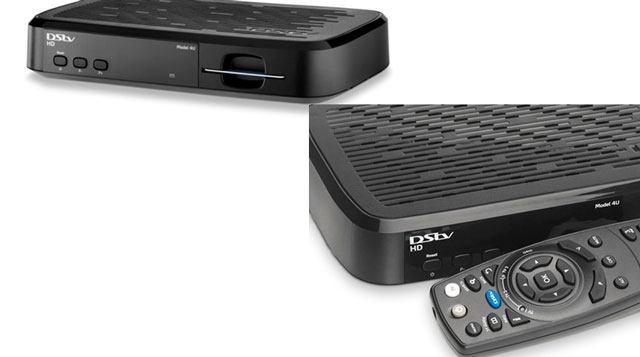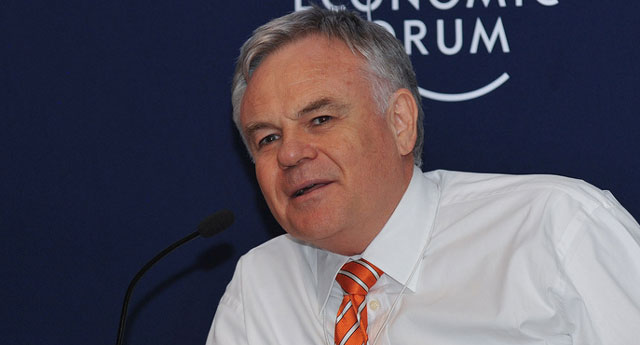
In a resounding black economic empowerment success story, the value of the 20% investment in MultiChoice South Africa by BEE shareholders has increased by 20 times. The shares are currently trading around R170 each and, including total dividends paid to date of just under R30, the original R10 investment has delivered impressive returns.
The most recent net dividend received this September was over R15/share from an original investment of R10/share. This means every R10 000 invested has been multiplied 20-fold to R200 000 in nine years, which is an enviable 45%/annum compounded return. Investment doyen Peter Lynch coined the term 10-bagger for an investment that increases 10 times in value so even he would be impressed by a “20-bagger”.
A combination of the broad-based nature of the scheme and the astronomical quantum of value created make this one of the best BEE schemes to date. Naspers, once the “mouthpiece of the apartheid regime” has delivered one of the best BEE deals. Some real Mzansi Magic, if you like.
MultiChoice South Africa, a Naspers subsidiary, initiated the broad-based BEE scheme nine years ago as part of its broader BEE initiatives as well as a requirement in obtaining broadcasting licences.
MultiChoice South Africa has transformed from pay-television into a video entertainment business that includes well-known brands like M-Net, DStv and SuperSport. The company has grown its subscriber base by a compounded 9%/year from its 2,4m customers in 2006.
The company has continued investing in technology to achieve its aim of providing customers with an outstanding customer viewing experience. Profit margins have been under pressure and the weakening exchange rate required for international content will continue to put pressure on margins. The negative economic headwinds facing the domestic consumer will also make future price and volume increases more challenging. Efforts are constantly underway to expand the customer base and increase product offerings. Potential new competitors, such as Netflix, as well as changing consumer behaviour due to rapid technological advances always pose a risk to such a business. However, the company generated free cash flows of R6,4bn during 2015 and is likely to continue paying healthy dividends on the back of a solid business which has adapted over the years to customers’ needs.
A drastic landscape change would be required to dislodge MultiChoice from its pre-eminent position.
Naspers, the ultimate holding company of MultiChoice, was founded in 1915 and has its primary listing on the Johannesburg Securities Exchange. It operates in over 130 countries and has transformed its business from print to pay-TV, Internet and mobile and is an excellent example of a business adapting to a rapidly changing environment. This evolving media play was completely transformed by the spectacular acquisition of Tencent in 2001 under the leadership of then-CEO Koos Bekker.

This is the ultimate investment success story as an initial US$32m acquisition for 45,6% in Tencent, diluted to 34% post-Tencent’s 2004 Hong Kong listing, has become Asia’s largest Internet company now worth more than $54bn. Tencent provides mobile gaming and messaging services in China, including the mobile chat service WeChat, which is similar to WhatsApp. Naspers successfully riding on this Chinese consumer wave has made it the third largest company on the JSE with almost all its R700bn market capitalisation arising from Tencent. In essence, at current exchange rates Naspers is valued at its stake in Tencent with all its other businesses “thrown in for free”.
MultiChoice is thus in a dynamic media stable, allowing it to leverage off deep expertise within the group. However, MultiChoice has no direct shareholding in any of these businesses and its direct value is derived solely from the South African video entertainment segment.
Adjusting the PE multiple to a range of 10 to 13 and then further discounting it by about 20% for the trading restrictions and illiquidity results in a price range of R140-R178 per share. There is no intention to remove the trading restrictions so there are no immediate triggers to unlock this aspect of the pricing discount.
The company is a dominant player entrenched in its market. However, it remains susceptible to new entrants, changing consumer entertainment preferences and technological advances. The current share price is thus underpinned by a robust business, especially for those who want direct exposure to this sector as the Phuthuma Nathi share price will maintain a direct correlation to the performance of MultiChoice.
However, for those who have already made large gains in Phuthuma Nathi, the recent sharp declines in blue-chip counters on the JSE could make switching some exposure at similar valuation multiples a consideration.
- Riaz Gardee is a mergers and acquisitions specialist
- This article was first published on Moneyweb and is republished here with permission

